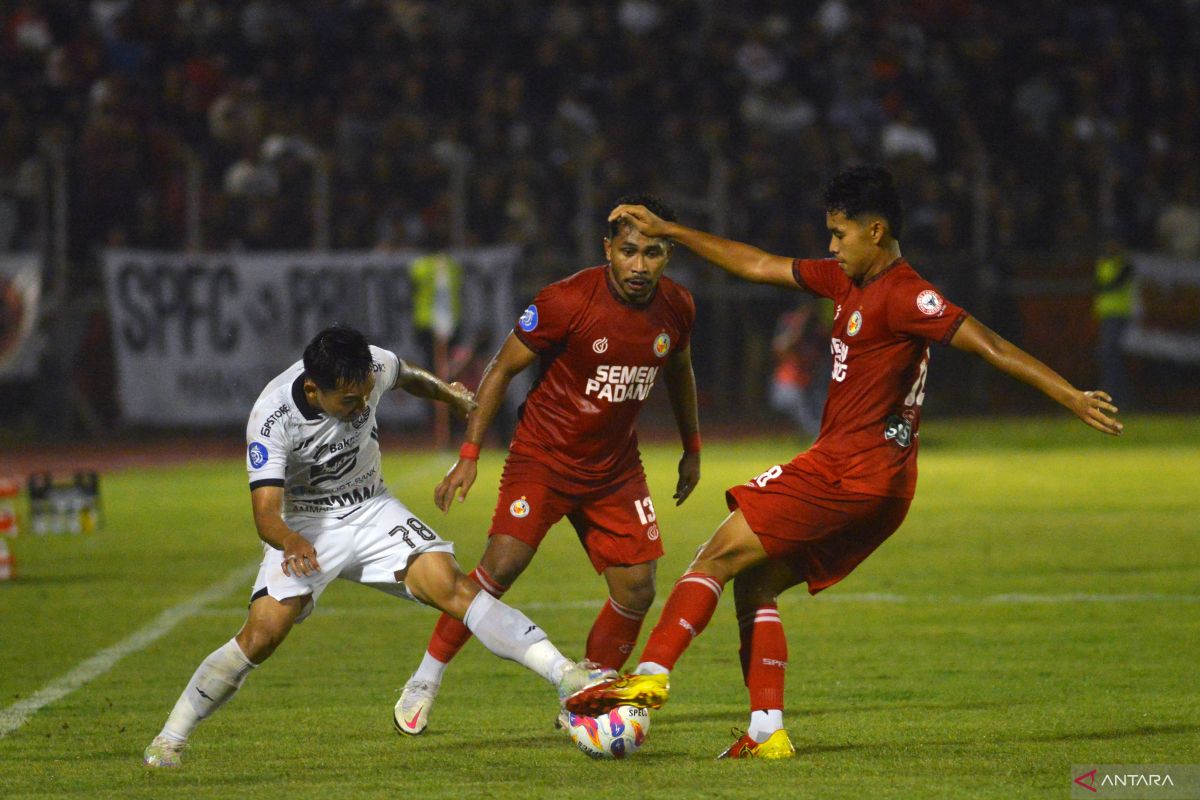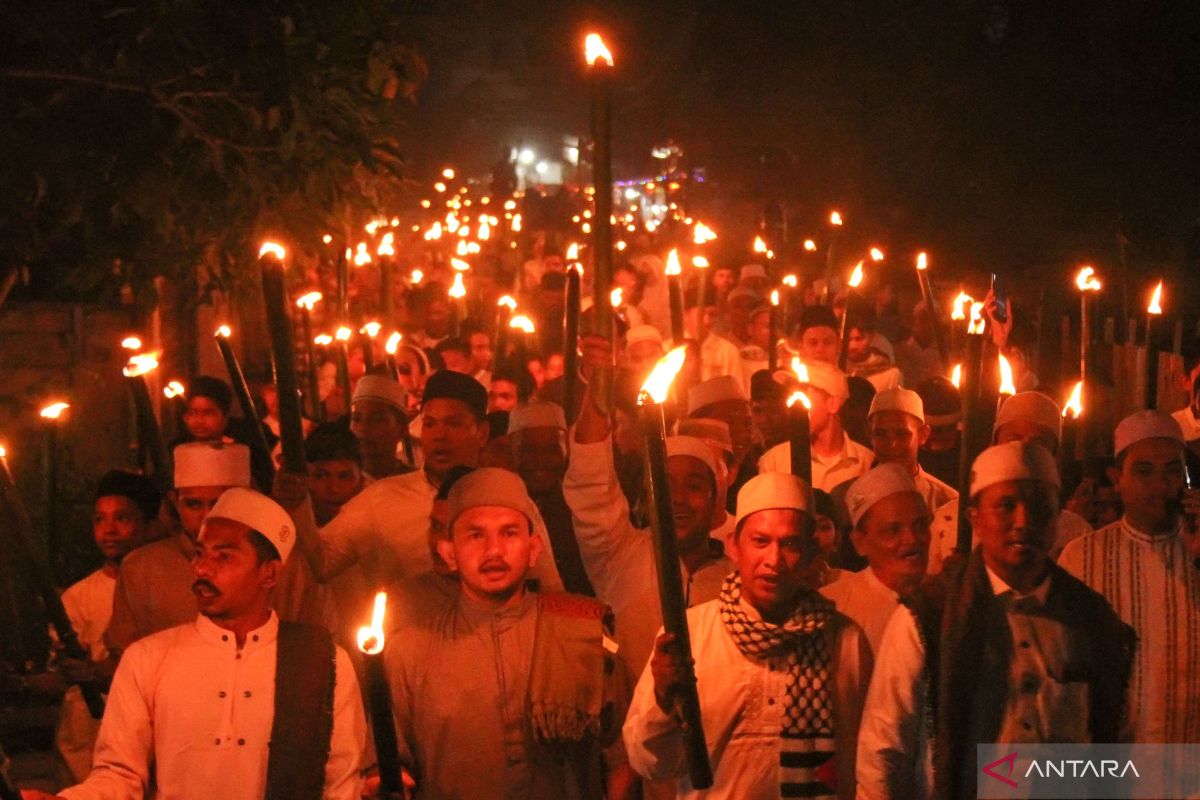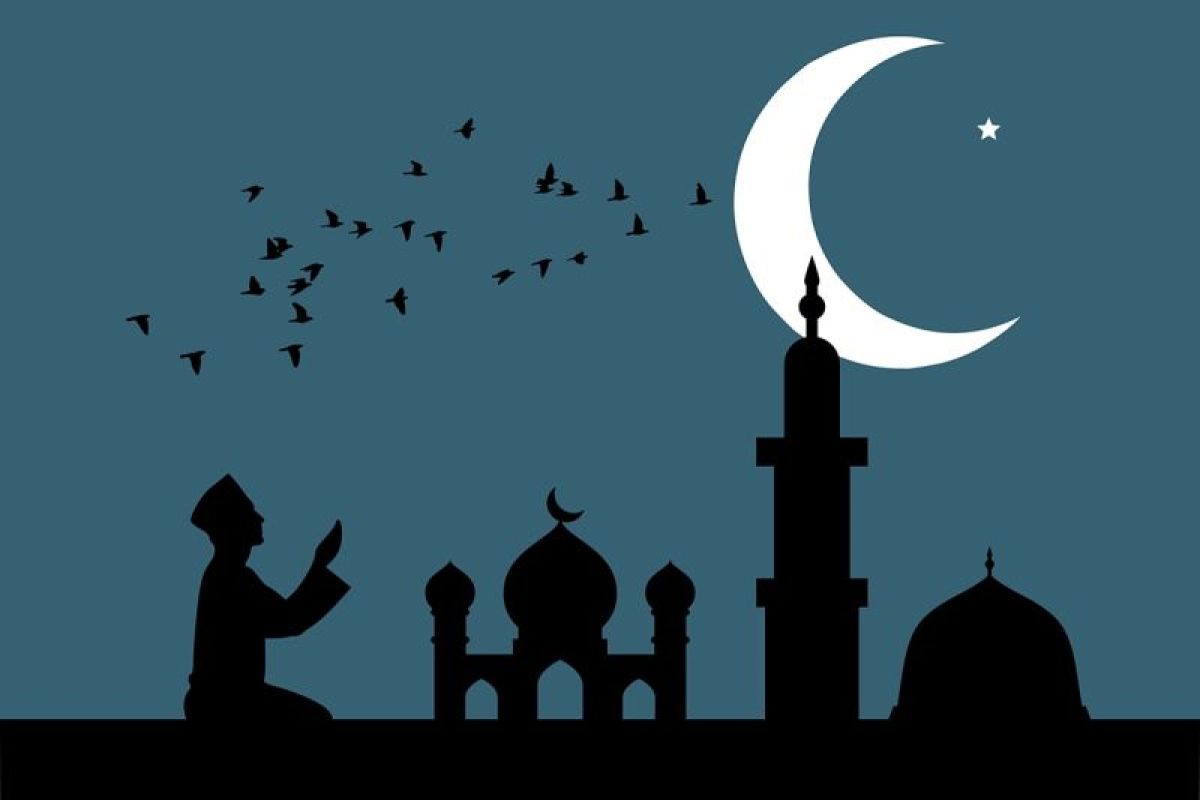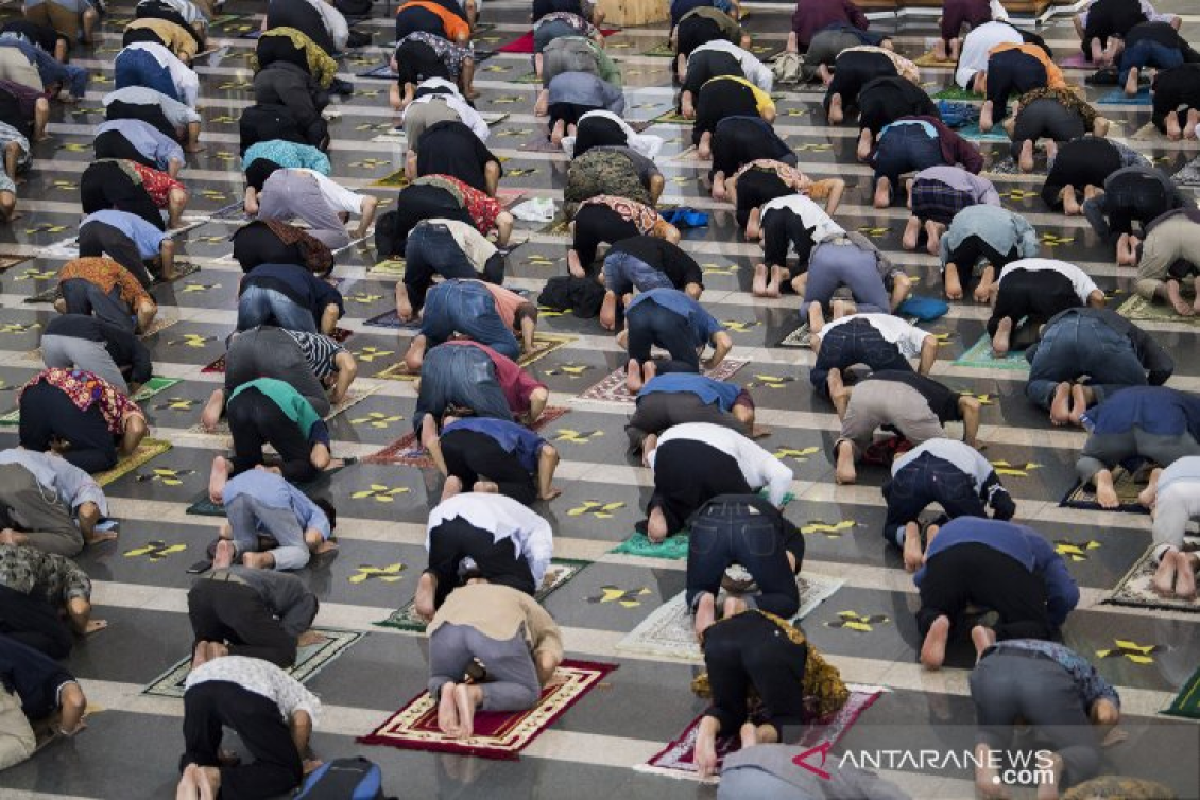There was a moment at the Daugava Stadium on Tuesday night when Thomas Tuchel stood on the touchline and turned to the England fans who were chiding him in song about his criticism of their support during the win over Wales at Wembley last week.
Tuchel wears his willingness to court confrontation as a badge of honour and he is treading a fine line between love and hate even though England qualified for the World Cup with two games to spare courtesy of their 5-0 win over Latvia.
On this occasion, the chanting of the fans who stood in pouring rain and bitter cold for two hours to support their side was gently mocking. Tuchel recognised that when he offered a wave and a smile of acknowledgment to the 2,000 England supporters in the exposed stand behind a goal.
‘Tuchel’s right, the fans are s***e,’ the England fans yelled. Many within the FA will have been relieved that their man got away with taking on the supporters so lightly, especially as the governing body faced criticism from some quarters for appointing a German in the first place.
Despite his comments after the Wales game, Tuchel is still in credit with the fans. Many approve of his uncompromising attitude towards Jude Bellingham, and recent results and performances suggest the players are responding to his methods.
But the FA know that Tuchel is walking a tightrope with the supporters and they also know that once England fans turn on a manager, it has a deeply debilitating effect on the team’s prospects of achieving success. They are desperate to avoid Tuchel’s relationship with the fans breaking down.
Thomas Tuchel applauds the England fans, who had teased him during the Latvia game
The 2000 travelling supporters chanted: '‘Tuchel’s right, the fans are s***e'
When that happens, it sabotages everything. The most brutal example I have witnessed in 30 years of reporting on England is the dismantling of Steve McClaren during his short period in charge.
The abuse he took from fans who had travelled to watch the team play Andorra in a European Championship qualifier at Barcelona’s Olympic Stadium in March 2007 was startlingly vicious. England came into the match against a background of a 0-0 draw in Israel and a general atmosphere of discontent after the last dance of the Golden Generation had ended in more disappointment in Germany the previous summer.
It was goalless at half-time in Barcelona and the level of abuse aimed at McClaren and the team because they had been unable to breach the defence of the minnows was such that England players who had not made the bench had to be moved out of the stands for their own safety.
After the match, which England won 3-0, McClaren came into the press conference looking shaken. He answered two questions and then I heard his voice begin to crack. ‘Gentlemen, if you want to write whatever you want to write, you can write it because that is all I am going to say,’ he said, and then marched away.
McClaren never really recovered his authority before he was sacked when England failed to qualify for Euro 2008. But perhaps the most obvious example of an England manager’s relationship with the fans leading to his exit was Kevin Keegan.
Keegan was appointed England boss in February 1999 on a wave of populist enthusiasm but that began to wane and England’s performance at Euro 2000 was a disaster. Then came the last game at the old Wembley, a qualifier on October 7, 2000, for the 2002 World Cup.
The night before that match, I was one of three journalists who appeared on the Sky Sports show where we were discussing the leaked team news that Gareth Southgate had been picked to play in midfield against Germany. Keegan was so furious at what he thought were secret plans being discussed that we were told Sky had come under pressure from him to get the programme pulled. It was a sign of what was to come.
England duly lost the game to a Dietmar Hamann free-kick and as Keegan walked down the Wembley tunnel for the last time, we watched as he stopped briefly to remonstrate with fans who were raining abuse down upon him.
Kevin Keegan was too emotional when he was in charge of the national side
Steve McClaren was given abuse by fans (above) during England's game against Andorra back in 2007 in a Euro 2008 qualifying game
Keegan was too emotional a man to be able to withstand that level of attack and, despite the pleas of FA officials and players such as David Beckham and Tony Adams, he called an impromptu meeting in the toilets of the home changing room and resigned.
Results have largely protected Tuchel from criticism but if the FA hierarchy was nervous about his disparaging comments about the support against Wales, it was because they know that results are not always enough to sustain the bond between fans and the manager.
Gareth Southgate was the most successful England manager since Sir Alf Ramsey. He took England to two European Championship finals and a World Cup semi-final but it was not enough to protect him from the ire of the supporters.
A darling of the fans in his early years, a vocal section of England’s support became disillusioned with what they characterised as his ‘woke’ attitude towards race issues and his encouragement of England players taking the knee before matches.
Results became secondary after that. No matter how well England did, it was impossible for Southgate to turn the tide and the seething opposition to him bled into the team’s performances.
Gareth Southgate's relationship with England fans started well but soured later in his reign
When England drew with Slovenia in Cologne at Euro 2024, fans threw cups at Southgate when he went to applaud them, even though they had just seen their team advance to the knockout stages at the top of their group.
Southgate talked then, with delicious understatement, about it being ‘an unusual environment’ but it was clear that he was unsettled by the extent of the opposition to him.
It was after that game that he realised his time as manager was reaching its conclusion, even if England did go on to reach the final in Berlin.
That is what Tuchel has to avoid. In the nine months that stretch out between now and the World Cup final in New Jersey on July 19, he has to try to harness the power of the supporters and accept he cannot afford to alienate them if England are to have any chance of lifting the trophy for the first time in 60 years.
The evidence of Tuesday night at the Daugava Stadium showed that he is still on the right side of that fine line between popularity and antipathy every England manager treads. But only just.

 2 hours ago
2
2 hours ago
2
















































